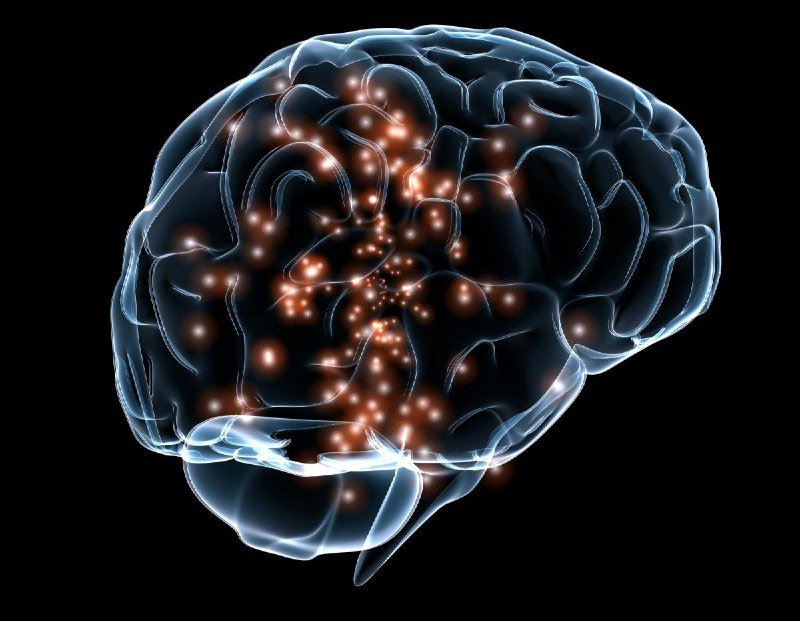The brain can be a reservoir of Human Immunodeficiency Virus (HIV) and it is capable of spreading the virus to immune cells of other body organs, a research conducted by Rush University Medical Center in Chicago and published in PLOS Pathogens revealed. Astrocyte, a type of brain cell was discovered by the study to harbour HIV.
Describing astrocytes, the leader of the research team, Dr Lena Al-Harthi said there are billions of these cells in the brain and they are involved in the execution of various tasks such as maintenance of the blood-brain barrier.
The blood-brain barrier is responsible for regulating the movement of substances between the blood transported from the body and the brain.
Health Benefits Of Eating Pecan Nuts
According to the study, the virus is capable of moving from the brain to the body even when the patient is taking medication(s), including combination antiretroviral therapy (cART).
“This study demonstrates the critical role of the brain as a reservoir of HIV that is capable of re-infecting the peripheral organs with the virus,” said Dr Jeymohan Joseph, chief of the HIV Neuropathogenesis, Genetics, and Therapeutics Branch at NIH’s National Institute of Mental Health, which co-funded the study.
“The findings suggest that in order to eradicate HIV from the body, cure strategies must address the role of the central nervous system.”
Speaking on the research revelation, Al-Harthi said; “Our study demonstrates that HIV in the brain is not trapped in the brain — it can and does move back into peripheral organs through leukocyte trafficking, “It also shed light on the role of astrocytes in supporting HIV replication in the brain — even under cART therapy.”
These Foods Are Dangerous To Your Brain. Avoid Them
Dr May Wong, program director for the NeuroAIDS and Infectious Diseases in the Neuroenvironment at the NIH’s National Institute of Neurological Disorders and Stroke, which co-funded the study noted that; “HIV remains a major global public health concern, affecting 30 to 40 million people across the globe.
To help patients, we need to fully understand how the virus affects the brain and other tissue-based reservoirs,” In a 2019 report, the Joint United Nations Programme on HIV and AIDS (UNAIDS) estimated that there are 1.9 million people living with HIV in Nigeria.
Also, a result released by the Federal Government in 2019 indicated a national HIV prevalence in Nigeria of 1.4% among adults aged 15–49 years.
Reuters
Post Disclaimer
The opinions, beliefs and viewpoints expressed by the author and forum participants on this website do not necessarily reflect the opinions, beliefs and viewpoints of Anaedo Online or official policies of the Anaedo Online.



